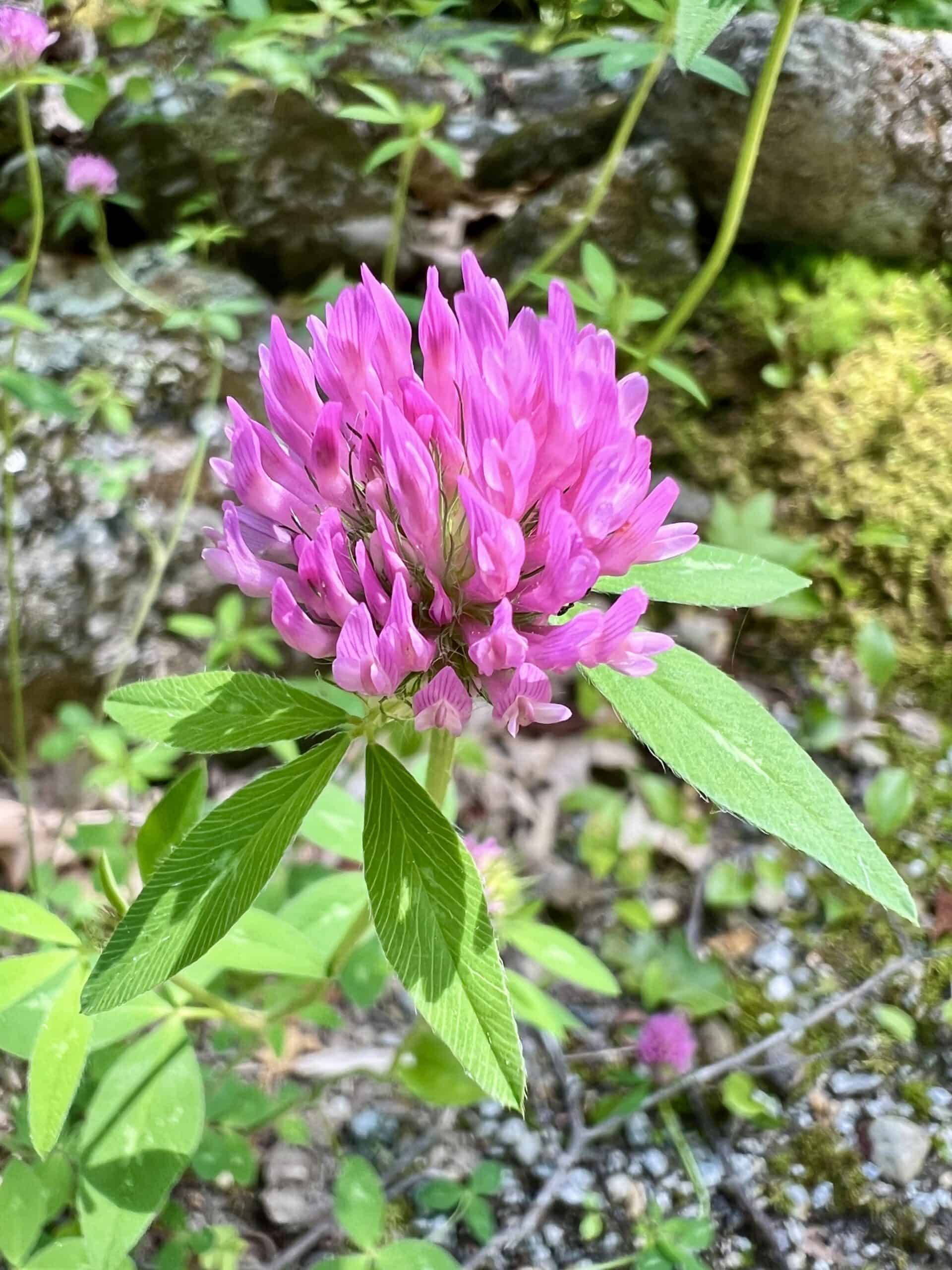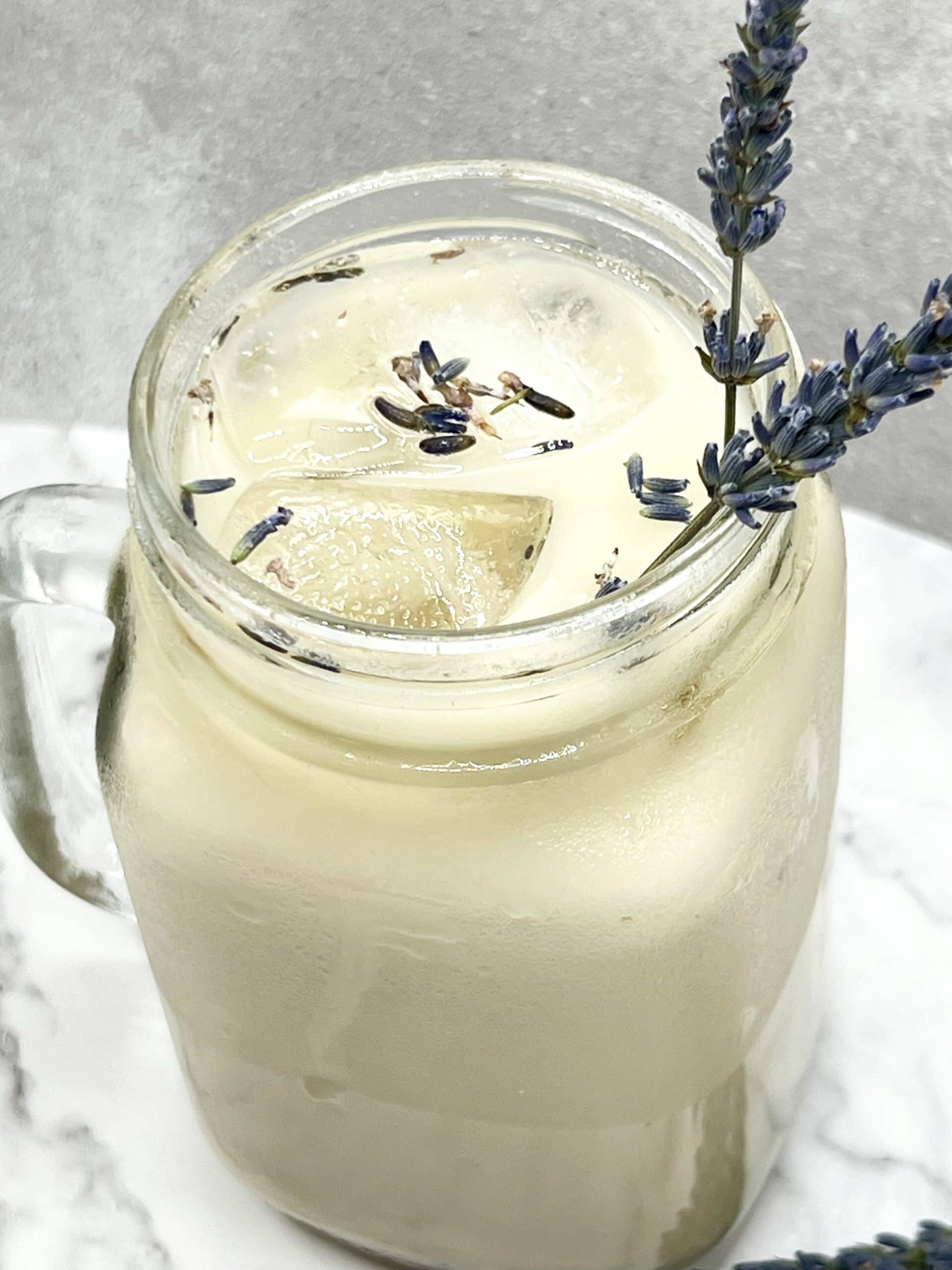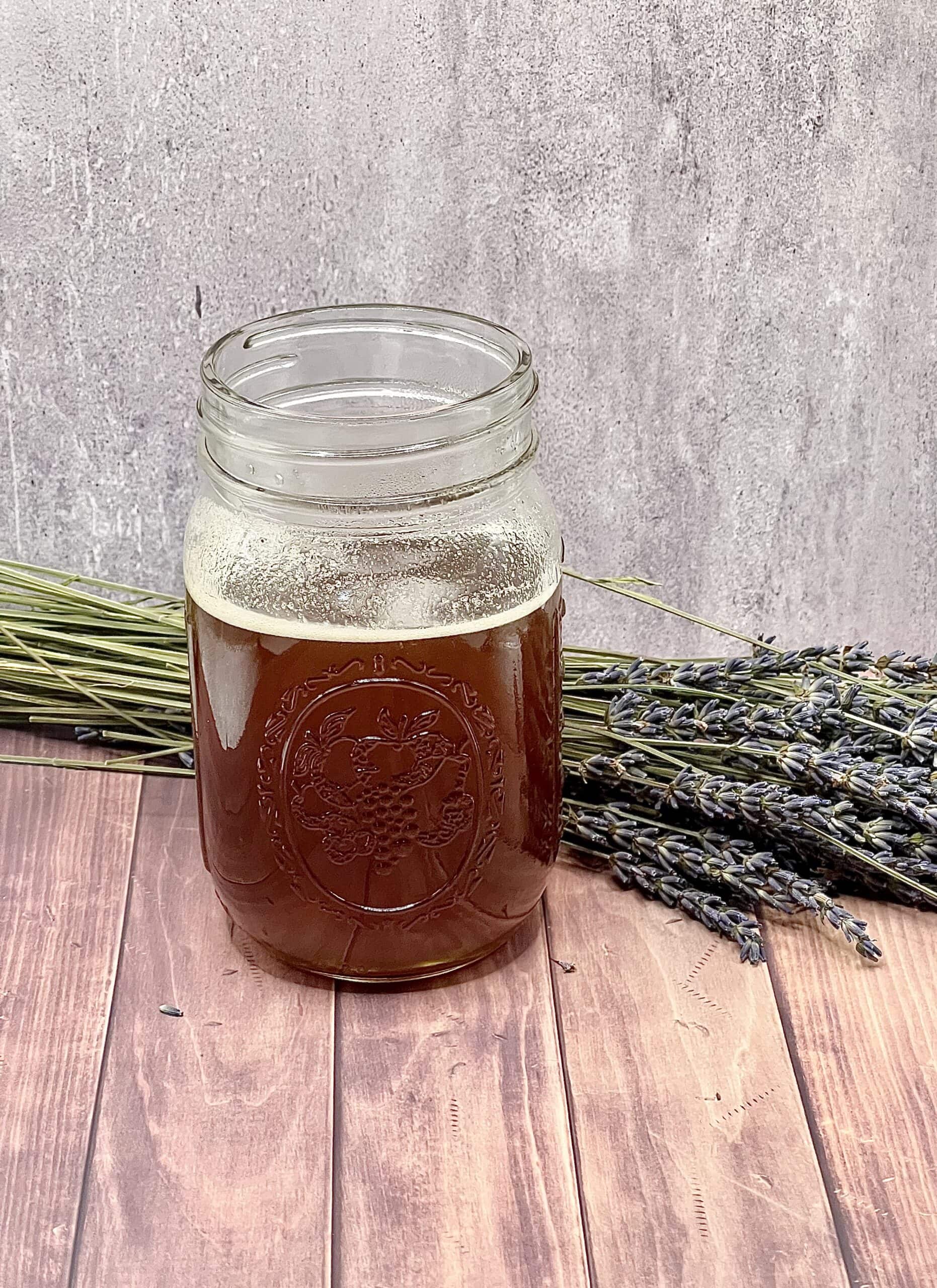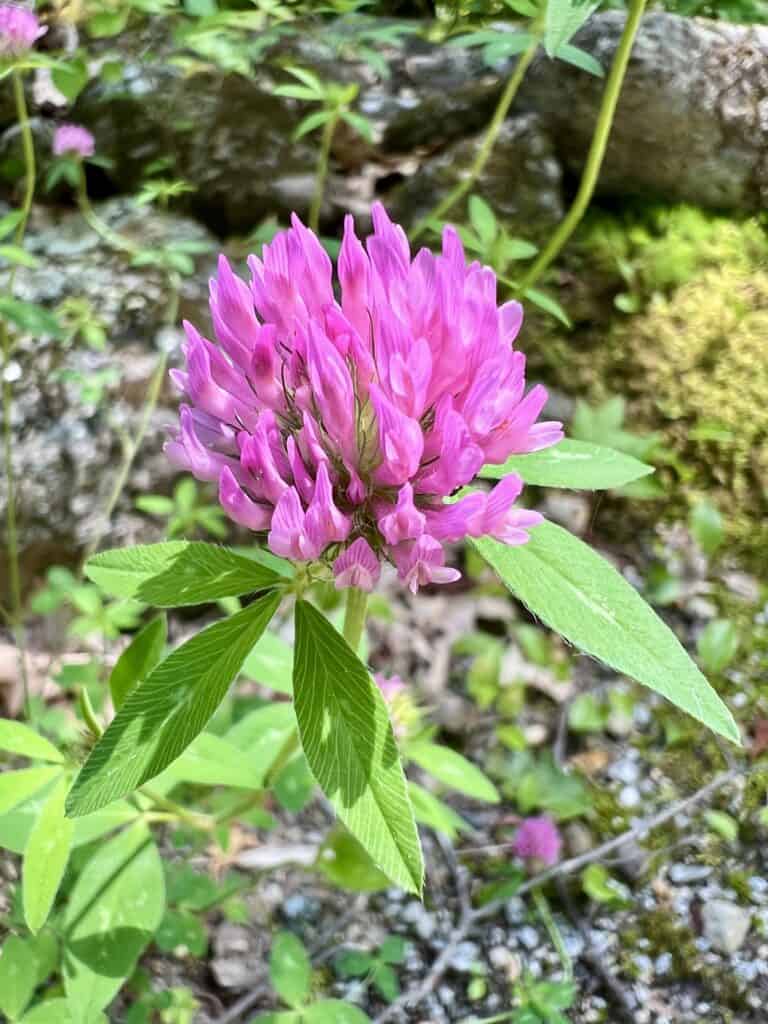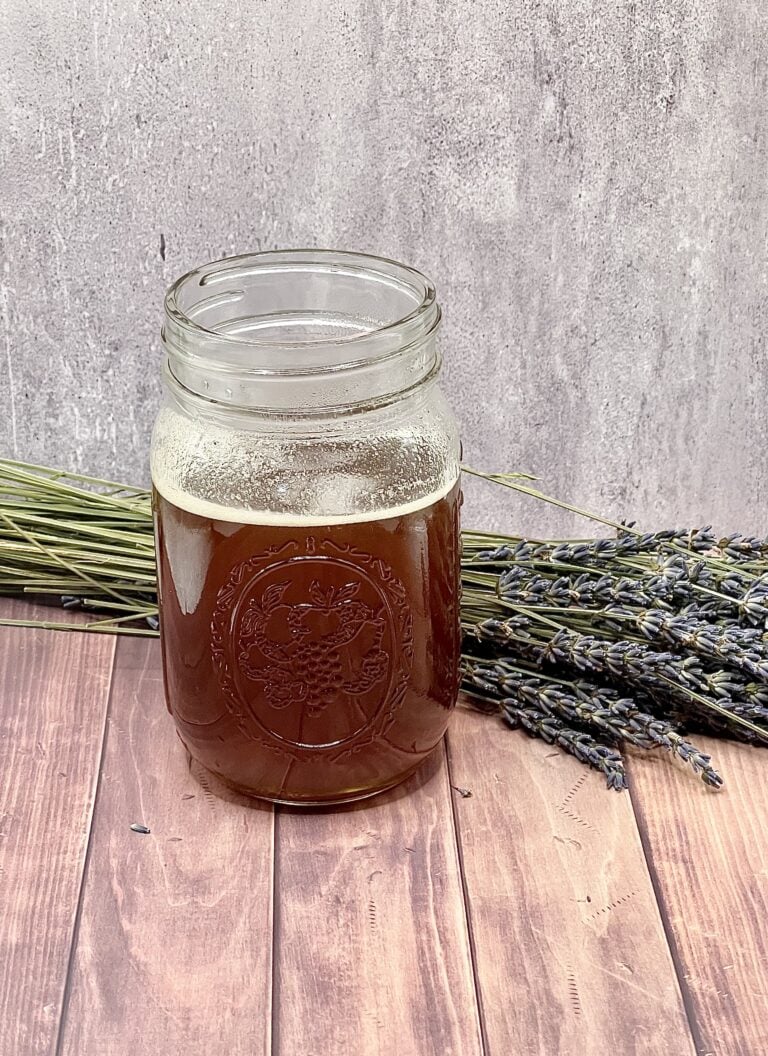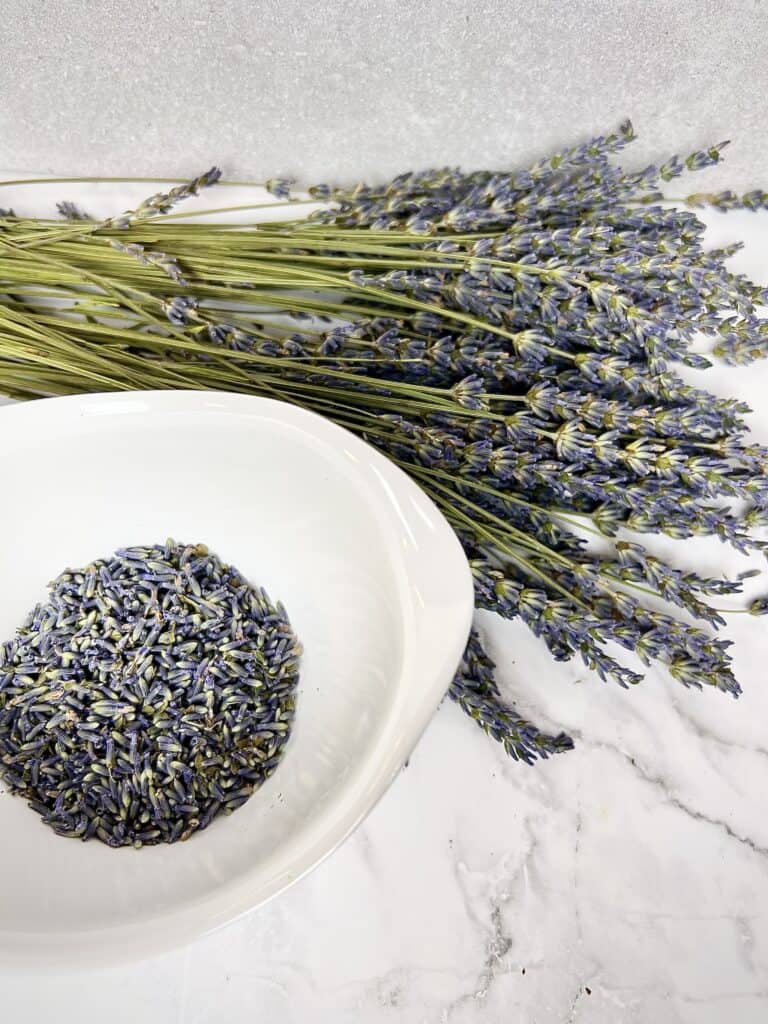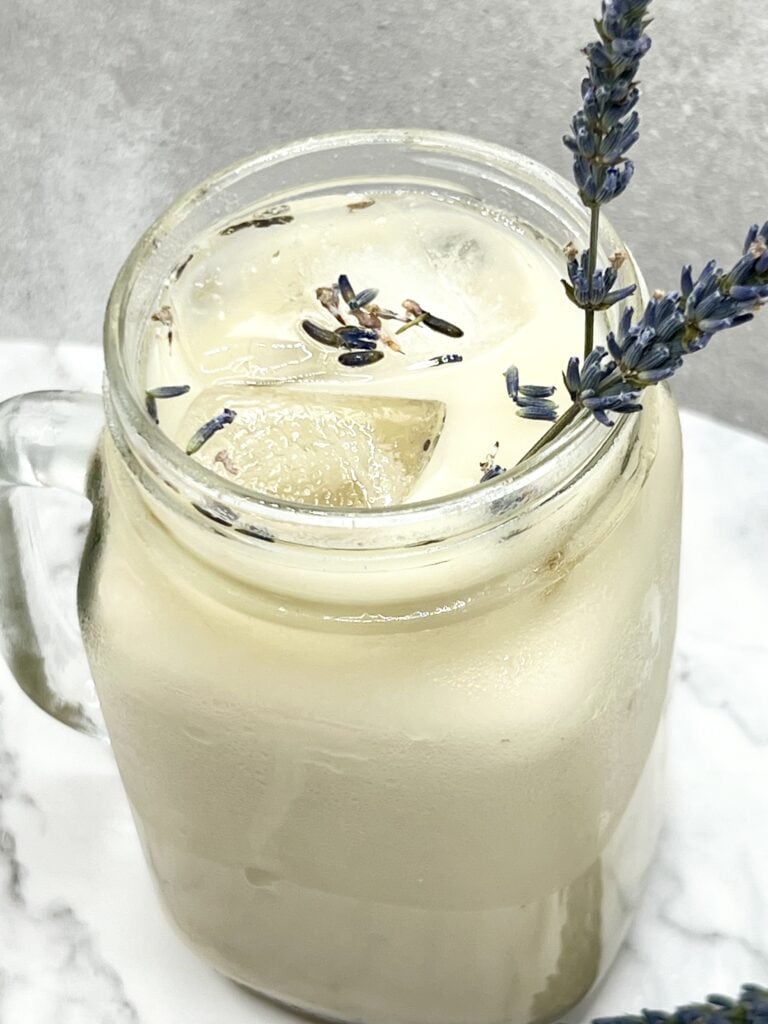Dandelion Taraxacum: Medicinal Qualities & How to Make Dandelion Tea
Dandelion Taraxacum officinale is one of the most underestimated medicinal herbs. Often considered a weed, this humble plant is actually a nutritional and herbal powerhouse with a long history in traditional medicine. From the bright yellow flowers to the earthy roots, every part of the dandelion is useful and healing.

In this post, you’ll learn all about the medicinal benefits of dandelion taraxacum, how to identify and harvest it safely, and how to make dandelion tea using the flowers, leaves, or roots.
Key Takeaways
- Dandelion taraxacum is a potent medicinal herb that supports liver, kidney, and digestive health.
- It’s rich in vitamins A, C, K, and E, as well as potassium, calcium, and iron.
- Dandelion tea can act as a gentle diuretic and anti-inflammatory remedy.
- You can make tea using the flowers, leaves, or roasted roots, each offering unique benefits.
- Ethical foraging and proper preparation ensure a safe and effective herbal remedy.
Why Dandelion (Taraxacum officinale) Is More Than a Weed
Dandelion taraxacum is one of the most accessible and resilient herbs in the wild. It grows freely in lawns, fields, and meadows and has been used in herbal medicine for centuries. Its Persian name translates to “small postman,” symbolizing the good news it brings to your health.
A History of Healing
Dandelions have been used medicinally in Greek, Roman, Chinese, and Ayurvedic traditions. Historically, they’ve been relied on for detoxification, digestion, and supporting the body’s natural cleansing systems.
Nutritional Profile & Active Compounds
Dandelion is packed with antioxidants and phytonutrients, including:
- Beta-carotene (converted to vitamin A)
- Inulin (a prebiotic that supports gut health)
- Taraxasterol (anti-inflammatory)
- Chlorogenic acid
- Potassium, magnesium, iron, and calcium
These nutrients contribute to the plant’s reputation as a gentle, yet powerful detox herb.

Health Benefits of Dandelion Taraxacum
1. Supports Digestive Health
Dandelion leaf tea and root tea both stimulate digestion and bile production. Inulin from the root feeds healthy gut bacteria, while its diuretic properties can relieve bloating and water retention.
2. Liver & Kidney Detox
Dandelion taraxacum promotes healthy liver and kidney function by helping eliminate toxins and waste from the body. It’s often used in spring detoxes to support the body’s natural cleansing process.
3. Anti-inflammatory Effects
Thanks to compounds like taraxasterol, dandelion can reduce inflammation naturally. This may help alleviate chronic inflammation-related conditions and promote overall wellness.
4. Hormone Balance
Dandelion root tea may help support hormone regulation, especially in women. Its liver-supportive properties play a role in metabolizing excess estrogen.
How to Safely Forage Dandelions
Identifying Dandelion Taraxacum
Dandelions are easy to spot:
- Bright yellow flowers
- Deeply toothed, lance-shaped leaves
- Hollow stem with milky sap
Make sure you’re picking true dandelions, not look-alikes like catsear.
Foraging Tips
- Avoid roadsides, parks, or sprayed lawns.
- Pick from chemical-free and pet-free areas.
- Leave plenty behind to regrow and feed pollinators.
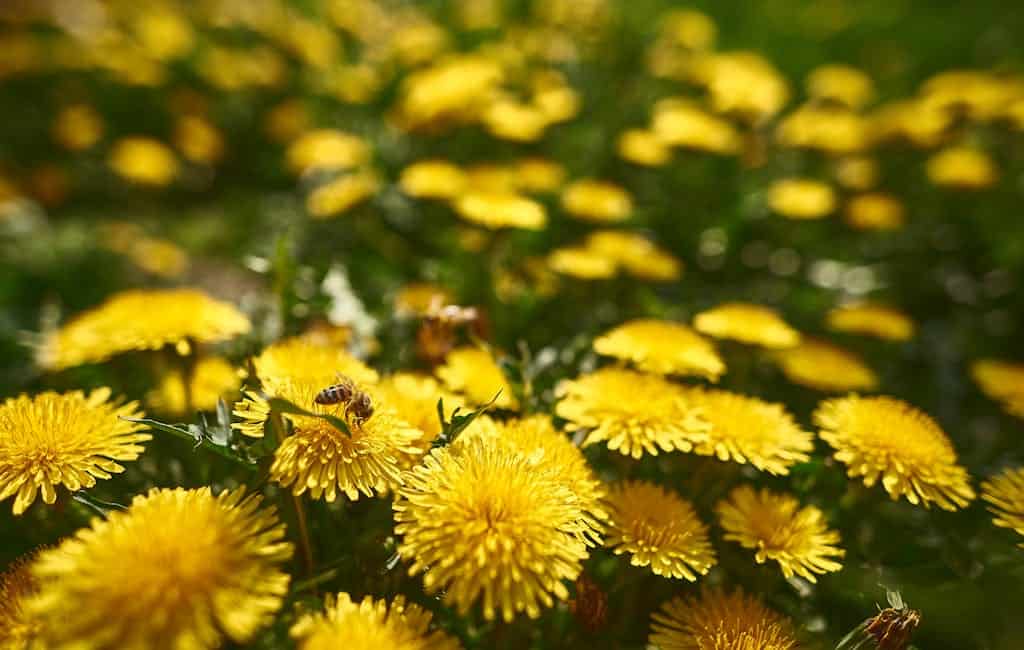
How to Make Dandelion Tea
Depending on the part of the plant you use—flowers, leaves, or roots—the preparation varies slightly. Here’s how to make dandelion tea three ways:
1. Dandelion Leaf Tea
Great for digestion and detox.
Ingredients:
- 6 fresh young leaves or 1–2 tsp dried leaves
- 1 cup boiling water
Instructions:
- Chop fresh leaves or use dried.
- Steep in hot water for 5–10 minutes.
- Strain and sweeten with honey if desired.
2. Dandelion Flower Tea
A light, floral brew with mild detox benefits.
Ingredients:
- 1 cup dandelion petals (green base removed)
- 2 cups water
Instructions:
- Rinse petals and remove green parts.
- Simmer petals in water for 20 minutes.
- Strain and serve. Add honey or lemon to taste.
3. Roasted Dandelion Root Tea
Rich, earthy, and excellent for liver support.
Ingredients:
- 1 tbsp roasted, dried dandelion root
- 2 cups water
Instructions:
- Dig up roots, clean, slice, and dry them.
- Roast in the oven at 350°F for 15–20 minutes.
- Simmer roasted root in water for 30–45 minutes.
- Strain and enjoy warm.

How to Enhance the Flavor
If the bitter taste of dandelion tea is too strong, try these flavor-enhancing tips:
- Sweeteners: Honey, maple syrup, or stevia
- Spices: Cinnamon, ginger, cardamom, or a splash of vanilla
- Citrus: A slice of lemon or orange brightens the flavor
Is Dandelion Tea Safe?
Dandelion is generally considered very safe, even with long-term use. However:
- Avoid if you’re allergic to ragweed or similar plants.
- Consult a doctor if you’re pregnant, nursing, or taking medications (especially diuretics or blood thinners).
Conclusion
Dandelion taraxacum is more than just a backyard weed—it’s a powerful, free herbal remedy with a wide range of health benefits. Whether you’re sipping on dandelion flower tea in the spring or enjoying a rich cup of roasted root tea in the fall, this humble herb supports your body naturally.
By foraging, preparing your own tea, and tuning into nature’s gifts, you can tap into centuries of herbal wisdom right from your own garden.
FAQ
What are the medicinal qualities of dandelion taraxacum?
Dandelions support digestion, liver detox, kidney function, and reduce inflammation. They’re rich in vitamins A, C, K, minerals, and antioxidants.
Can I drink dandelion tea every day?
Yes, many people enjoy dandelion tea daily. Start with one cup and observe how your body reacts, especially if you’re new to herbal teas.
How do I make dandelion tea from fresh plants?
Wash the part you’re using (leaves, flowers, or roots), steep or simmer in water, and enjoy. Add sweeteners or spices as desired.
Where is the best place to harvest dandelions?
Look for untreated, natural areas away from roads, chemicals, or pet waste. Never harvest from sprayed lawns.
Are there any side effects of dandelion tea?
Dandelion is generally safe, but it can cause allergic reactions in people sensitive to the Asteraceae family. Check with your healthcare provider if you have concerns
